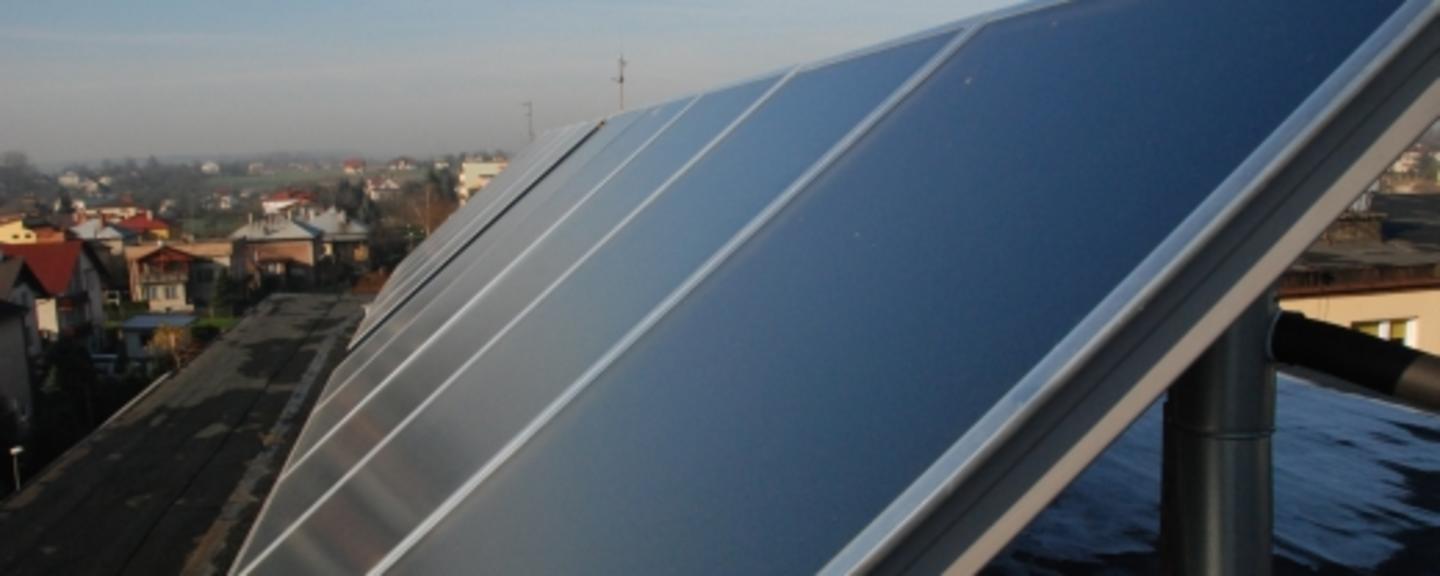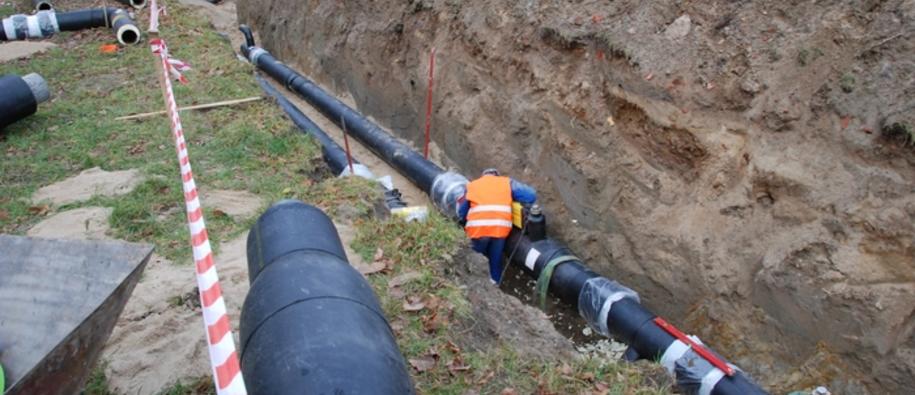"Poland is facing large environmental challenges. Through the EEA and Norway Grants, we provide a significant contribution to solve these challenges. Our commitment to energy efficiency and renewable energy in Poland offers both environmental and economic benefits," commented Norway`s Minister of Foreign Affairs, Jonas Gahr Støre.
Upgrades to schools and hospitals
The review, which studies 65 supported energy saving and renewable energy projects in Poland, concludes that energy savings are expected to exceed 50% on average. The projects will also benefit several thousand school children, patients and staff which will be able to study, get treatment and work in a more comfortable and healthier environment.
Some 285 school buildings and 21 buildings belonging to hospitals and health institutions are being modernised, supported by €41.4 million from the EEA and Norway Grants. The old buildings, often in very poor condition, will be made energy efficient through insulation of walls, ceilings and roofs, replacement of windows and doors, as well as upgrades to the heating systems, including renewable energy sources. Projects are also ongoing to modernise the heat supply systems in 2,000 public owned apartments.
The modernisation of the heating systems of the youth education centre in Bartoszyce will improve the standard of the buildings and reduce heating costs.
Equivalent to 25,000 cars
The energy savings are expected to reduce the consumption of coal by almost 20,000 metric tonnes per year and CO2-emissions by around 52,000 tonnes per year. This equals emissions from around 25,000 cars. The savings will also lead to lower heating costs for schools, health institutions and public authorities.
Vast replication potential
The report concludes that the EEA and Norway Grants` support to energy saving and renewable energy in public buildings in Poland is a positive contribution to national environmental efforts, and emphasises the vast replication potential.
The review was commissioned by the Financial Mechanism Office, which administers the EEA and Norway Grants, and elaborated by Scanteam of Norway and PROEKO of Poland.

